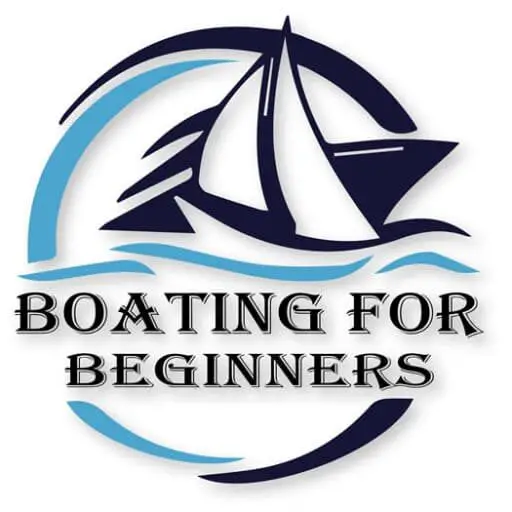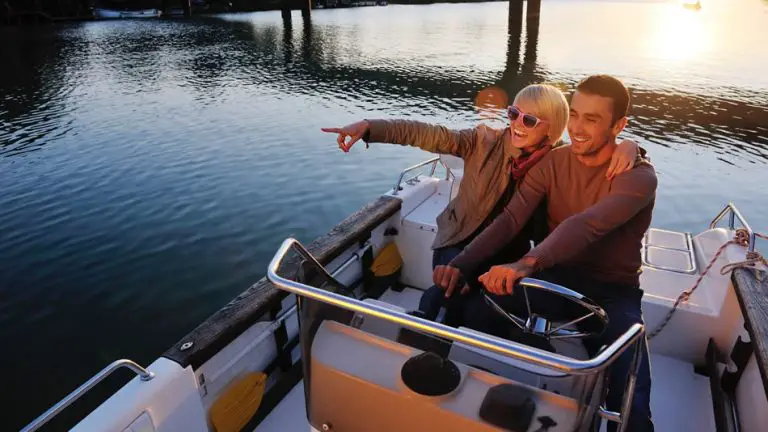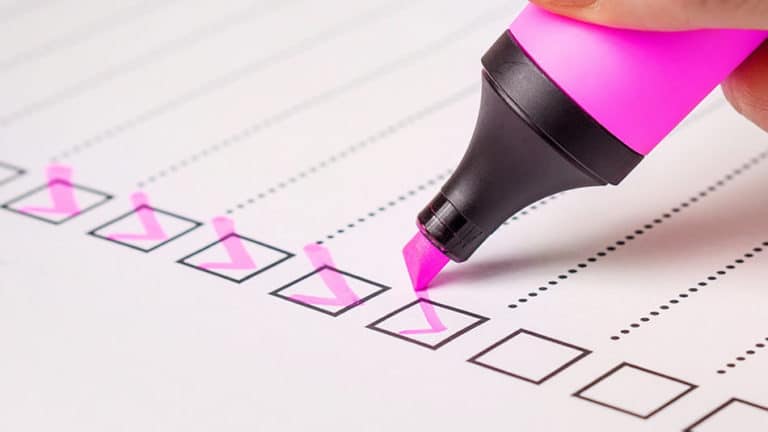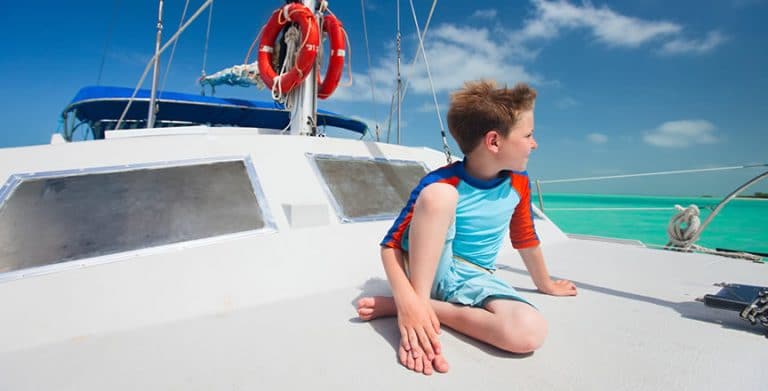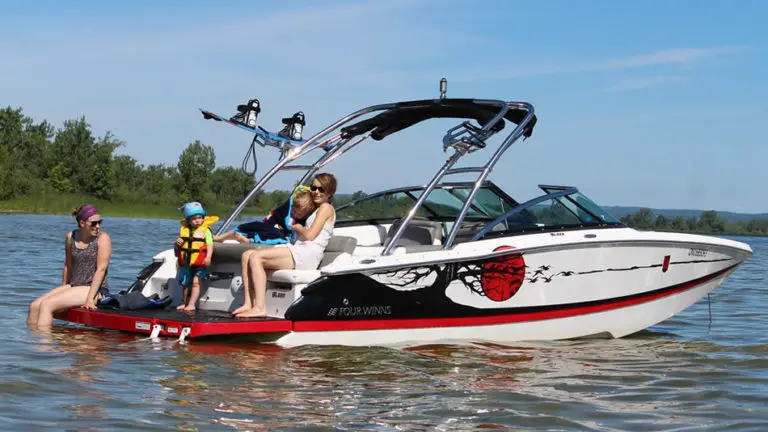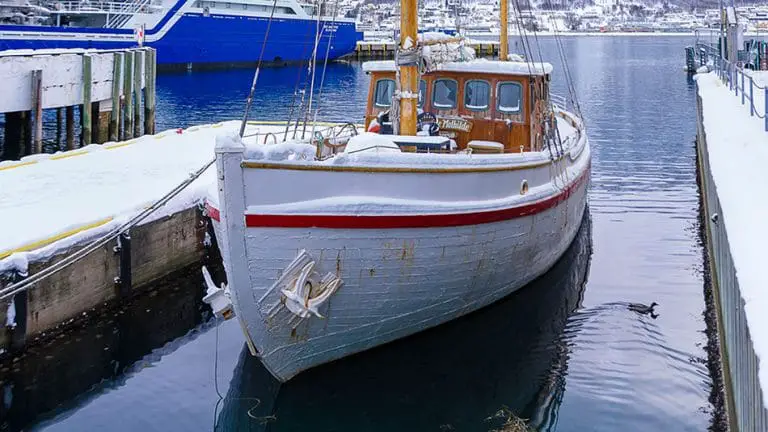Proper Boating Etiquette – The Unspoken Rules Of The Water
For years now proper boating etiquette has always been the unwritten rule of the water that all great boaters, live by. Some boaters come by it naturally, while others get taught or they learn it as they go. These unspoken rules help keep everyone safe, on and off the water. Boating is a community and being part of that community means you have a role to play as well.
Unfortunately, not everyone was programmed with this information and or they might not have someone to help teach it to them. Follow these simple rules below to help yourself become a more valuable member to the boating community.
The Unspoken Rules For Proper Boating Etiquette
Take it slow: When you are coming into the marina or leaving, you need to keep to keep your speed down. By taking it slow, this will help control the wake, and it’ll give you more time to react if something pops up. If you are moving too quickly through the marina, then this would cause a lot of wakes, which could begin to bang other boats into each other or the docks. You are responsible for any damage you cause to other peoples property.
Lend a hand: All boaters should look out for each other, and when you see that someone might need some help, the proper thing to do is go over and lend a helping hand. Giving a helping hand could be for minor things such as helping a fellow boater carry some items out to the dock, or help navigate them as they back up their trailer to the dock. It could even be for something more severe like calling for help to the coast guard if their boat is flipped over. Most importantly, if someone is requesting help, you should see what is wrong and what you can do to help them.
Respect your fellow neighbor: Remember that sound travels across the water, so even though you might not be close anyone else, it doesn’t mean they can’t hear your music or loud conversations. Downwind from everyone else is where you want to be. Just because you don’t have to be up early tomorrow morning, doesn’t mean nobody else doesn’t have to be.
Fuel and go: Once you are finished getting fuel, and you have paid, don’t linger around and talk to everyone, or take this time to buy some groceries. There could be other boaters waiting behind you also to fuel up. If you do need to buy something from the store or talk to some friends, then once you are finished fuelling up, and you have paid, you should move your boat out of the way and let someone else in.
Anchoring and mooring: When you are approaching an anchorage or mooring area, you should come at a slow speed. You do not want to create a wake that could bother the other boaters who might be taking a break eating lunch. The first boat in sets the tone for the others, so mimic how they are tied off. Don’t get too close to the other anchored boats. If you have a lot of people on board or intend to listen to music, then evaluate how far away you should be from the other boaters. Staying downwind from them will help since sound travels well on water.
Loading and unloading: Some loading ramps are designed to accompany multiple vehicles at once. Make sure you are leaving enough space for someone else to come in beside you. Also, make sure that your boat is ready to be loaded once the trailer gets in the water. There’s nothing more annoying than having someone sit with their trailer in the water trying to flag down their boat to tell them to come in. Other people could be waiting to either get on the water or come off. After you do load your trailer, then pull it aside to the temporary parking area if you plan on giving the boat a quick clean, or gather your passengers.
Keep your area clean: When you are docked at the marina keep in mind that other people will be walking those docks, so don’t leave items laying around. Your cooler, shoes, ropes, and pool noodle if you have one, should all be stored away on board out of the way. If you borrow a wagon or cart that is intended for public use, then return it as soon as you get finished with it.
Make way for others: If another boat is coming up fast on you, then slow down and move out of their way. Boats should travel in single file when moving down channels, or approaching marina entrances, etc. If there is enough room for the ship to go around you, then let them. The faster you go, the fast they will go to overtake you, so for everyone’s safety just let them pass.
Educate your guests: It’s your job to make sure your guests know the rules, and where everything is onboard in case of an emergency. If your guests are not wearing a lifejacket, then you need to let them know where they are. Warn them about wake from other vessels on the water and what the impact would be on your ship when that wake hits. Explain to them how to walk around the boat safely, and when to be seating, especially when accelerating. And make sure they keep the noise down, so you don’t bother the other boaters or cottagers around you.
Be prepared: If you are the captain of the ship, then you need to be prepared with the safety rules – how to pass, navigate, anchor and dock safely. You should know which States or Provinces require the boat’s captain to have a license, and which courses they accept.
Be polite: One thing that I’ve noticed about boating etiquette is that for the most part, people are very polite out on the water. For example, if you are passing another vessel regardless of their size, the polite thing to do is to wave. Giving a little wave will also signal to the other boat that you acknowledge them and you are aware that they are there. It also helps keep the piece and tends to make the other person happy getting waved at.
The Dos and Don’ts of Boating
Do
- Do wear your lifejacket. Lifejackets float and you don’t. Have enough lifejackets for everyone.
- Do keep your engine turned off while people are in the water around the boat.
- Do check the weather forecast for the day before heading out.
- Do keep a backup battery onboard in case your main dies.
- Do keep a look out for other boaters and swimmers while your underway.
- Do follow the boating etiquette rules.
- Do make sure you know the area you are boating in.
- Do lift the ladder if you are the last person back in the boat.
- Do take a boater safety course.
Don’t
- Don’t overload your boat.
- Don’t create a lot of wakes when coming up on other boaters, swimmers, or the marina.
- Don’t drink if you will be driving.
- Don’t try to overtake other vessels in narrow channels or around the marina.
- Don’t throw your anchor overboard. You should slowly and carefully lower the anchor into the water.
- Don’t get in the way of larger ships. Larger ships need a lot of distance and warning to change course.
- Don’t liter. Bring trash bags with you and use them.
- Don’t ignore another boater who is in distress and asking for help.
